The Gospel of Luke: Investigating Jesus | Week 2
SMALL GROUP QUESTIONS:
1. If you were to describe the "vibe" or atmosphere you unintentionally create when you walk into a room (at work, with family, at a store, etc.), what would it be? Does it generally draw people in, make them cautious, or something else?
2. The speaker, posed a challenging question: "If your life is a commercial, what are you advertising?" What was your initial reaction to this question? What kind of thoughts or feelings did it stir in you?
3. Luke meticulously documents the historical context surrounding John the Baptist. Why do you think it's significant that the Gospel writers anchor the story of Jesus in real historical events and figures? How does this impact your understanding of the Christian faith?
4. John the Baptist's message was a "baptism of repentance for the forgiveness of sins." In your own words, what does it mean to "repent," and why is it a crucial first step in preparing for something new God is doing?
5. In Luke 3:7-8, John didn't mince words with the religious leaders, calling them a "brood of vipers." What do you think was the core issue John was addressing in their hearts and actions? How might we, in our own contexts, be tempted towards a similar kind of self-assuredness that misses God's present work?
6, In Luke 3:10-14, John tells the crowds to "produce fruit in keeping with repentance." He then gives practical examples: sharing resources and not exploiting others. Why do you think John's call to action was so focused on tangible acts of generosity and justice rather than just religious rituals?
7. The question the crowds asked, "What should we do?" is highlighted as a pivotal one. What does this question reveal about their response to John's challenging message? How often do you personally ask this question in response to what you hear or learn about God?
8. John's answers to the different groups (sharing shirts/food, not overcharging, not extorting) were surprisingly practical and focused on their everyday lives. What does this suggest about how we can "prepare" for God's work in the world?
9. The speaker suggested that a purely "internalized" faith can become stagnant and lifeless. Can you identify any ways that your faith might unintentionally become overly private or consumer-oriented? What are some practical steps you can take to cultivate a more outward-focused faith?
10. This week, consider the question, "What should I do?" in one specific area of your life – your relationships, your workplace, your neighborhood, or your church. What one practical step could you take this week to "produce fruit in keeping with what you say you believe" in that area? Share what that step is (if you're comfortable) and how you hope it might reflect the "advertisement" of God's love and justice to those around you.
